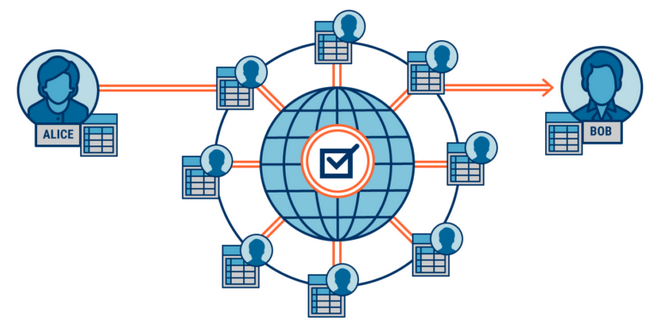 |
Who knows the most about technology trends? The people who spend hundreds of millions of dollars every year on technology: the chief information officers (CIOs) of the largest companies in the world.
Every year, highly respected tech-researcher Gartner surveys thousands of CIOs from all over the world from across all industries, including manufacturing, government, professional services, banking, energy/utilities, education, insurance, retail, healthcare, transportation, communications and media.
The result of Gartner’s annual CIO Agenda Survey is that the vast majority of these eight-figure spending executives expect “some level of adoption of blockchain technology in the next three years.”
In fact, Gartner believes that blockchain has the potential to completely transform business models across all industries.
 |
Perhaps no industry is more ready for a blockchain transformation than real estate.
Why? Currently, there is an overwhelming number of parties involved in every real estate transaction: the buyer, the seller, buyer’s attorney, seller’s attorney, the new mortgage lender, the old mortgage lender, title insurance providers, home inspectors, appraisers, tax assessor, insurance companies, and deed registry companies. And each party needs to complete several steps.
The reason for all those parties is a lack of trust. The buyer and seller don’t know each other, so they both hire a small army of middlemen to verify each step of the transactions and maintain their own paper and/or electronic files of important documents.
This costs both time and money. Lots and lots of money. It isn’t uncommon for a real estate transaction to cost upwards of 10% of the value of the property.
The beauty of blockchain is that it can eliminate those trust issues.
Blockchain can automate the transaction process by posting each of the various tasks to a secure, online ledger. Such a ledger would be 100% reliable and eliminate the need for lawyers, regulatory compliance authorities and trust companies.
Both the buyer and seller in the transaction would share the same data, which makes blockchain ideal for documenting payments and financial records.
Perhaps the greatest impact of all is the tokenization (securitization) of real estate. Blockchain makes it possible to issue tokens instead of titles for piece of real estate. With such a system, buyers and sellers could securely trade those tokens.
A blockchain-protected token could replace paper documentation — what we call property titles — and could easily be bought, sold, and exchanged just like stocks.
One day, houses may be almost as easy to trade as shares of IBM, Boeing or General Election.
No more waiting (and paying for) appraisers, lawyers, notaries, lenders, trust companies and title companies. Blockchain-powered smart contracts and real-time audit-able records will take their place.
Both the buyer and seller save time and save money. That’s a win-win situation for everybody ... except the middlemen that take a bite out of your wallet.
This isn’t pie-in-the-sky hype either. Blockchain and tokenization already exist and are already being safely and reliably used.
And blockchain-focused stocks are headed to the moon.
You don’t need to take my word for it. Just listen to the thousands of CIOs that Gartner just surveyed.
Best wishes,
Tony Sagami



